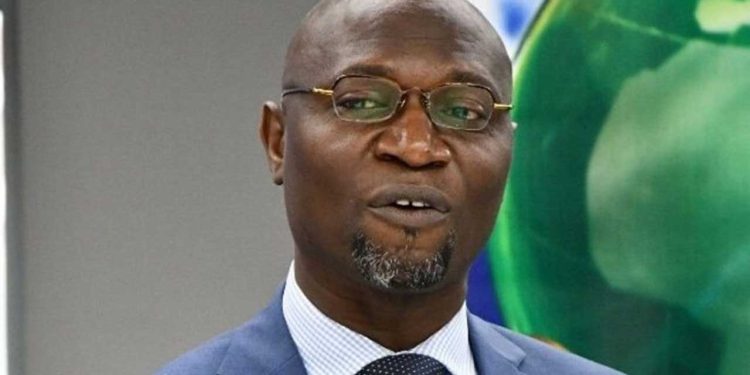The Securities and Exchange Commission (SEC) has announced plans to transition Nigeria’s capital market from a T+3 to a T+2 settlement cycle. The move is aimed at enhancing market efficiency, reducing risks, and strengthening investor confidence.
The Director-General of the Commission, Emomotimi Agama, made this known at a Trade Associations Roundtable on ‘Ensuring Stakeholder Readiness for T+2 Settlement’ held in Abuja on Wednesday.
According to Agama, the transition marks a major milestone in aligning Nigeria’s capital market operations with international best practices. He noted that adopting a T+2 settlement cycle would make the market more competitive, liquid, and resilient.
“A shorter settlement cycle is a hallmark of a mature, dynamic, and competitive market,” Agama said. “It directly addresses several key objectives: it significantly reduces counterparty risk and market exposure. The less time between trade execution and final settlement, the lower the potential for a default to ripple through the system.”
The SEC boss added that the new settlement framework would also boost market liquidity by allowing investors to access and reinvest their funds more quickly. This, he said, would foster greater market activity and drive growth within Nigeria’s capital market ecosystem.
The T+2 settlement cycle — where transactions are finalized two business days after a trade — is widely adopted across major global markets. With this transition, Nigeria takes a significant step toward modernizing its market infrastructure and improving investor confidence.















